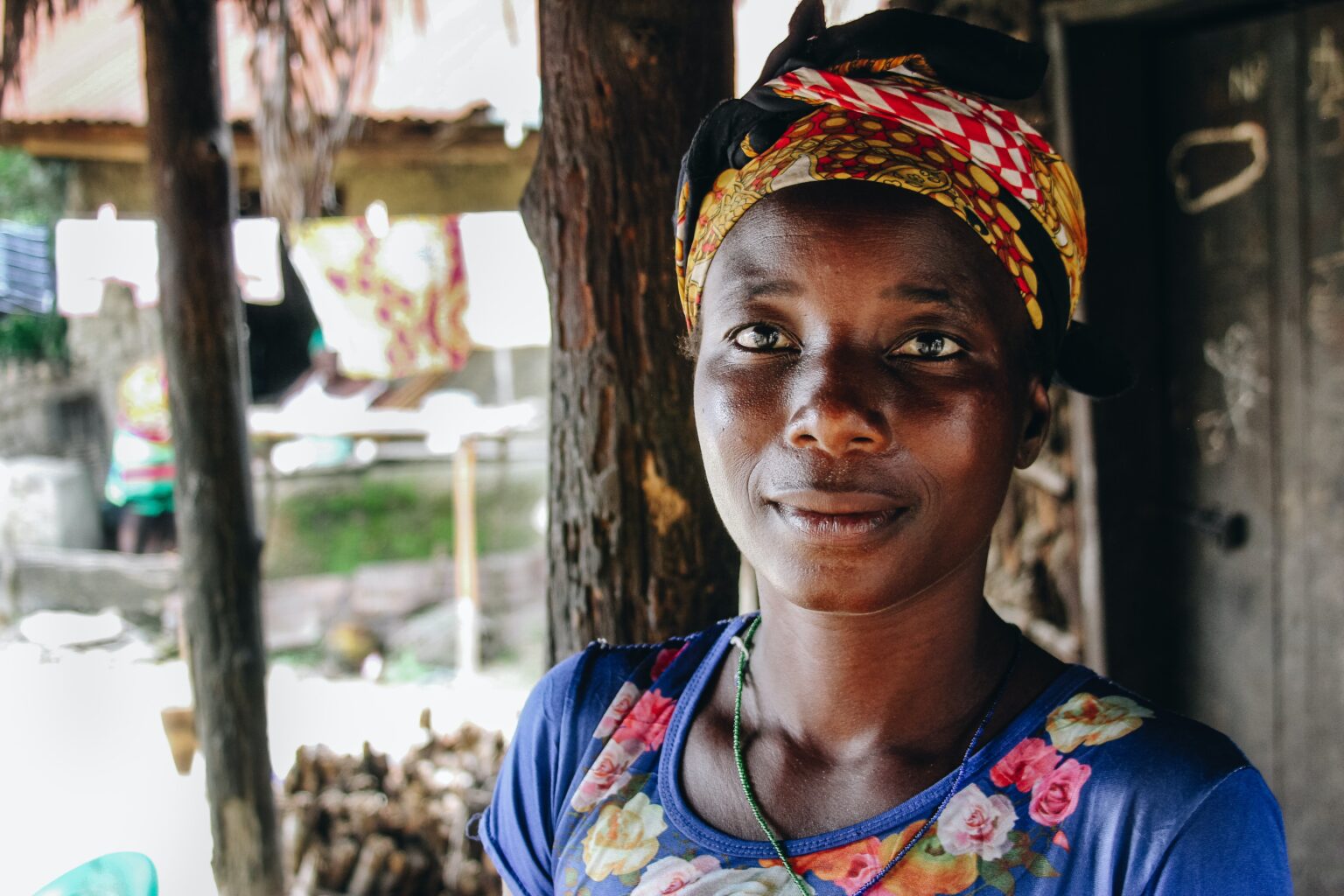Smallholder farmers are already experiencing the impacts of rising temperatures, unpredictable rainfall and extreme weather events on crop yields, pest and disease incidence, income generation and food security. They are one of the most vulnerable groups to climate change.
Since the majority of smallholder farmers in Africa depend entirely on rain-fed agriculture, they are vulnerable to extended droughts, irregular rainfall patterns, and extreme rain events which can significantly reduce yields and exacerbate food insecurity and poverty. Climate change poses a significant threat to smallholder farmers and threatens to undermine global progress toward poverty alleviation, food security, and sustainable development.
Smallholder farmers are highly vulnerable to climate change because most depend on rain-fed agriculture, cultivate marginal areas, and lack access to technical or financial support that could help them invest in more climate-resilient agriculture. Changes in temperature and precipitation often lead to reduced feed quantity and quality and also impacts water availability and disease prevalence. During the dry season, farmers struggle to grow enough forage for their cattle because of poor soil quality, high temperatures, and minimal rainfall, and without enough high-quality forage, the cows produce very little milk, and what little they produce is low-quality. So farmers are often forced to sell their cattle for low prices or supplement the cows’ diet with purchased feed which is an expensive option that cuts into profits.
One-third of food produced for human consumption is lost or wasted each year, with significant impacts on both the environment and food security. Climate change is exacerbating this problem, particularly for highly perishable products such as fruits and vegetables. Higher temperatures along with new and worsening pests combine to make it very difficult for farmers to reduce their post-harvest losses.
In the face of these challenges being faced by smallholder farmers, it is important for us as individuals, organisations and policymakers to make the necessary effort to help them adapt and thrive. Through Amana Market, we are strengthening market linkages by giving smallholder farmers access to information systems, improved seeds and inputs, climate-friendly equipment and even forms of weather coverage to help farmers to cope and improve and become more profitable.
What can you do to help a smallholder farmer?

